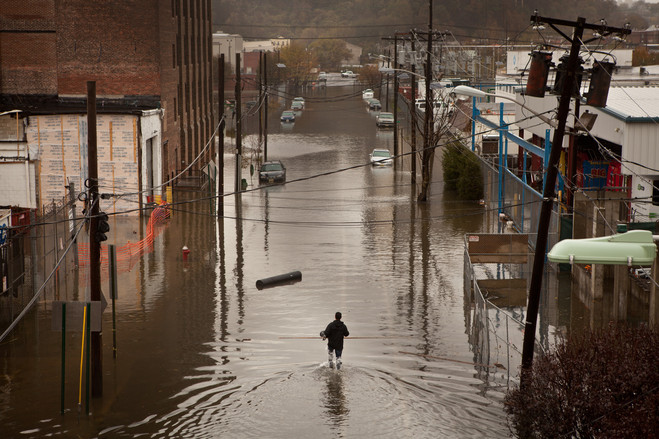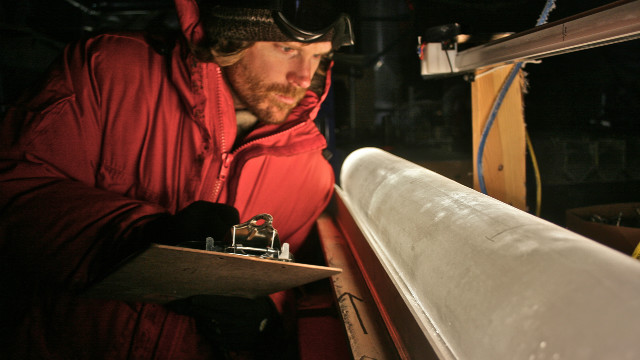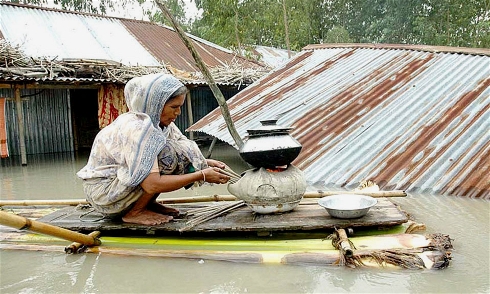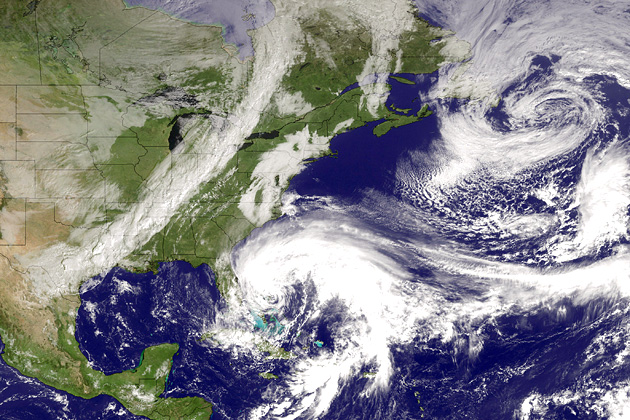You are here
Thu, 2012-11-01 13:09 — mdmcdonald
The Climate Change working group is focusing on identifying and managing issues regarding climate change in New Jersey
The mission of the Climate Change working group is to identify and manage issues regarding climate change in New Jersey
Add Content to this group
Members
| Kathy Gilbeaux | mdmcdonald |
Email address for group
climate-change-nj@m.resiliencesystem.org










Recent Comments